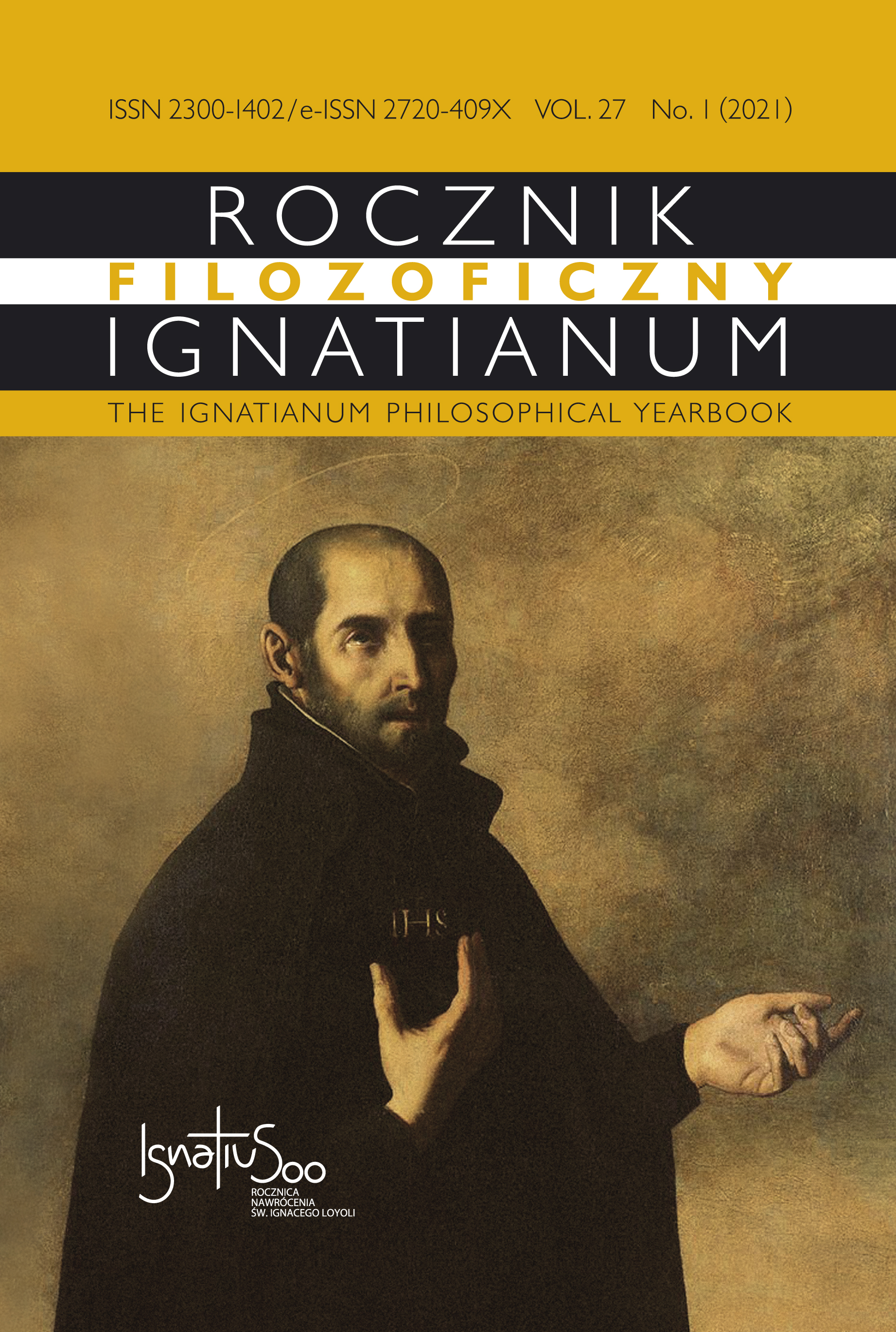The role of the notion of a proper answer in the logic of questions
Methodological remarks and postulates
Abstract
The observations in the article mainly concern the role of the concept of the so-called right answer in question logic. The purpose of these remarks is to justify the postulate that any logic of questions should be based on a conception of the structure of questions and answers, in which the notion of a proper answer is strictly defined. This postulate is addressed to any question logic, although it is mainly supported and illustrated by analyses and comparative remarks referring to concepts based on Ajdukiewicz’s question theory and to recent approaches of inferential erotetic logic (IEL). The analyses confirm that the concept of proper answer is fundamental in question theories, as it is assumed in the definitions of almost all concepts relating to questions and answers. In Ajdukiewicz’s concept, it is used explicitly, for example, in the definitions of the conditions of proper questioning and of complete and exhaustive answers. In IEL, it appears explicitly in the definitions of: the pertinent question, the notion of the presupposition of a question (and its variations), the relations of evoking a question (by a set of indicative sentences) and implying a question (by another question), etc. This basic concept should therefore be well defined. This postulate applies especially to such theories of questions in which assertions about questions and answers are proved in symbolic language – as is the case in IEL, which, however, lacks a strict definition of the concept of proper answer (there are only vague, pragmatic terms formulated in natural language). There is, however, a definition that is closer to the idea of the proper answer, adopted by Ajdukiewicz as well as in the concepts related to it, that a proper answer is one the structure of which is determined by the scheme of the question structure. However, this definition should be complemented by an accurate and general conception of question structure, which is lacking in the existing concepts. In order to confirm the validity of the formulated postulate, the article proposes new results achieved in the theory of questions, in which Ajdukiewicz’s ideas are developed and supplemented by a full account of the structure of questions and well-defined, i.e. formulated in a general and strict way as is the idea of proper answer.
Copyright (c) 2021 Jesuit University Ignatianum in Krakow

Dieses Werk steht unter der Lizenz Creative Commons Namensnennung - Keine Bearbeitungen 4.0 International.
Rocznik przyjmuje do druku wyłącznie materiały, które nie wchodzą w żaden konflikt interesów, żaden konflikt z prawem autorskim itp. Redakcja prowadzi działania przeciw: plagiatom, ghostwriting1, guest/honorary authorship2 itp. Autor pracy zbiorowej, który jest pierwszy na liście, bierze na siebie odpowiedzialność i ma obowiązek przedstawić wkład wszystkich współautorów. Jeśli publikacja powstała dzięki dedykowanym środkom finansowym, należy ujawnić to np. w Podziękowaniu, przypisie itp. Ew. przedruki wymagają jawnego zgłoszenia i okazania odpowiedniego pozwolenia wydawniczego. Autorzy / Recenzenci nierzetelni narażają się na reakcję właściwą stosownym instytucjom.
______
1 Ma to miejsce, gdy osoba mająca istotny wkład jest pominięta na liście Autorów czy w Podziękowaniu.
2 Zachodzi, gdy na liście autorskiej pojawia się osoba mająca znikomy/żaden udział w pracy.





